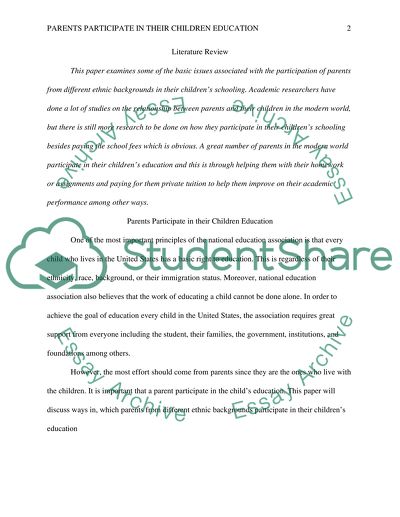Cite this document
(“Parents Participate in their Children Education Literature review”, n.d.)
Parents Participate in their Children Education Literature review. Retrieved from https://studentshare.org/education/1632376-the-ways-in-which-parents-from-different-ethnic-backgrounds-participate-in-their-childrens-education
Parents Participate in their Children Education Literature review. Retrieved from https://studentshare.org/education/1632376-the-ways-in-which-parents-from-different-ethnic-backgrounds-participate-in-their-childrens-education
(Parents Participate in Their Children Education Literature Review)
Parents Participate in Their Children Education Literature Review. https://studentshare.org/education/1632376-the-ways-in-which-parents-from-different-ethnic-backgrounds-participate-in-their-childrens-education.
Parents Participate in Their Children Education Literature Review. https://studentshare.org/education/1632376-the-ways-in-which-parents-from-different-ethnic-backgrounds-participate-in-their-childrens-education.
“Parents Participate in Their Children Education Literature Review”, n.d. https://studentshare.org/education/1632376-the-ways-in-which-parents-from-different-ethnic-backgrounds-participate-in-their-childrens-education.


